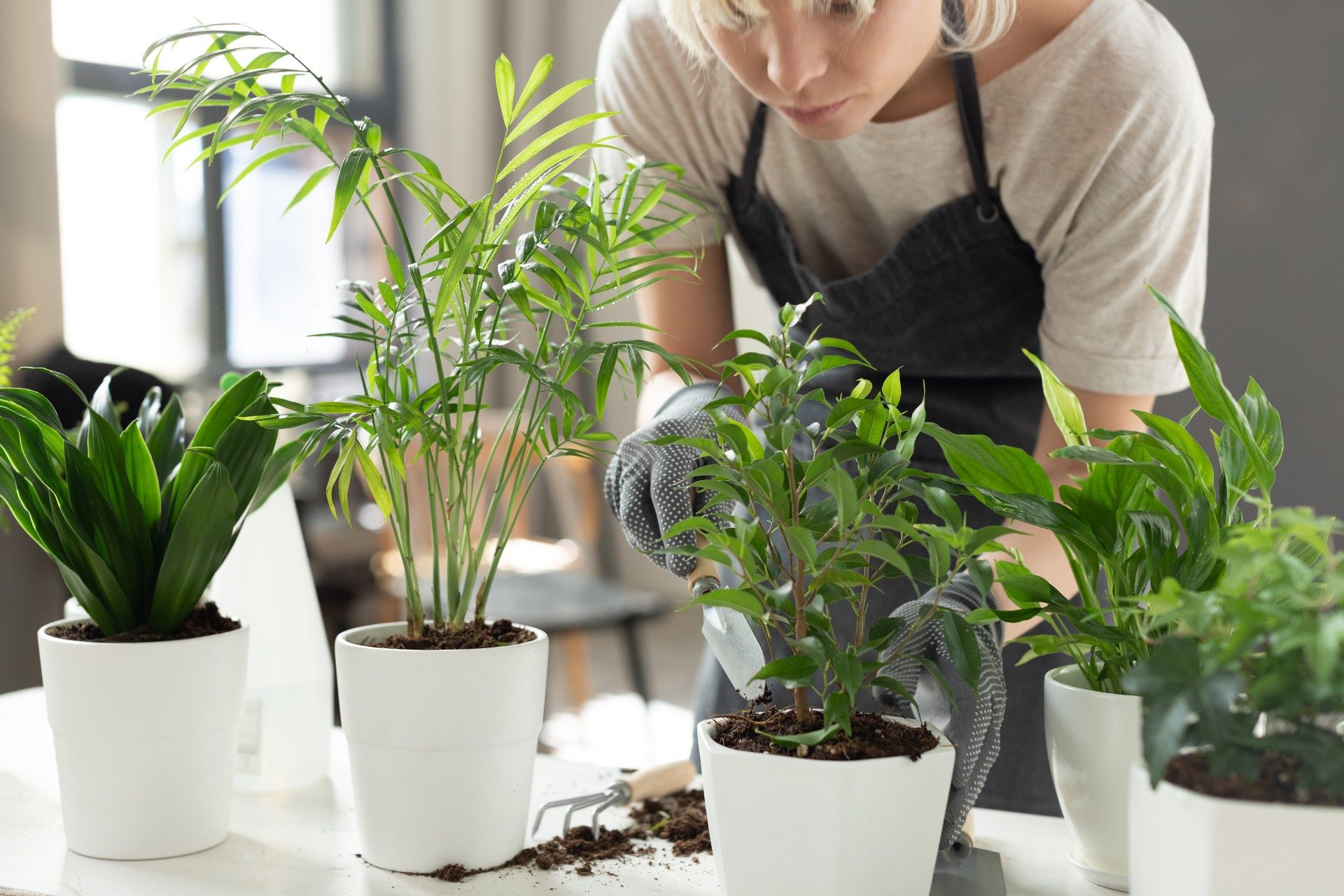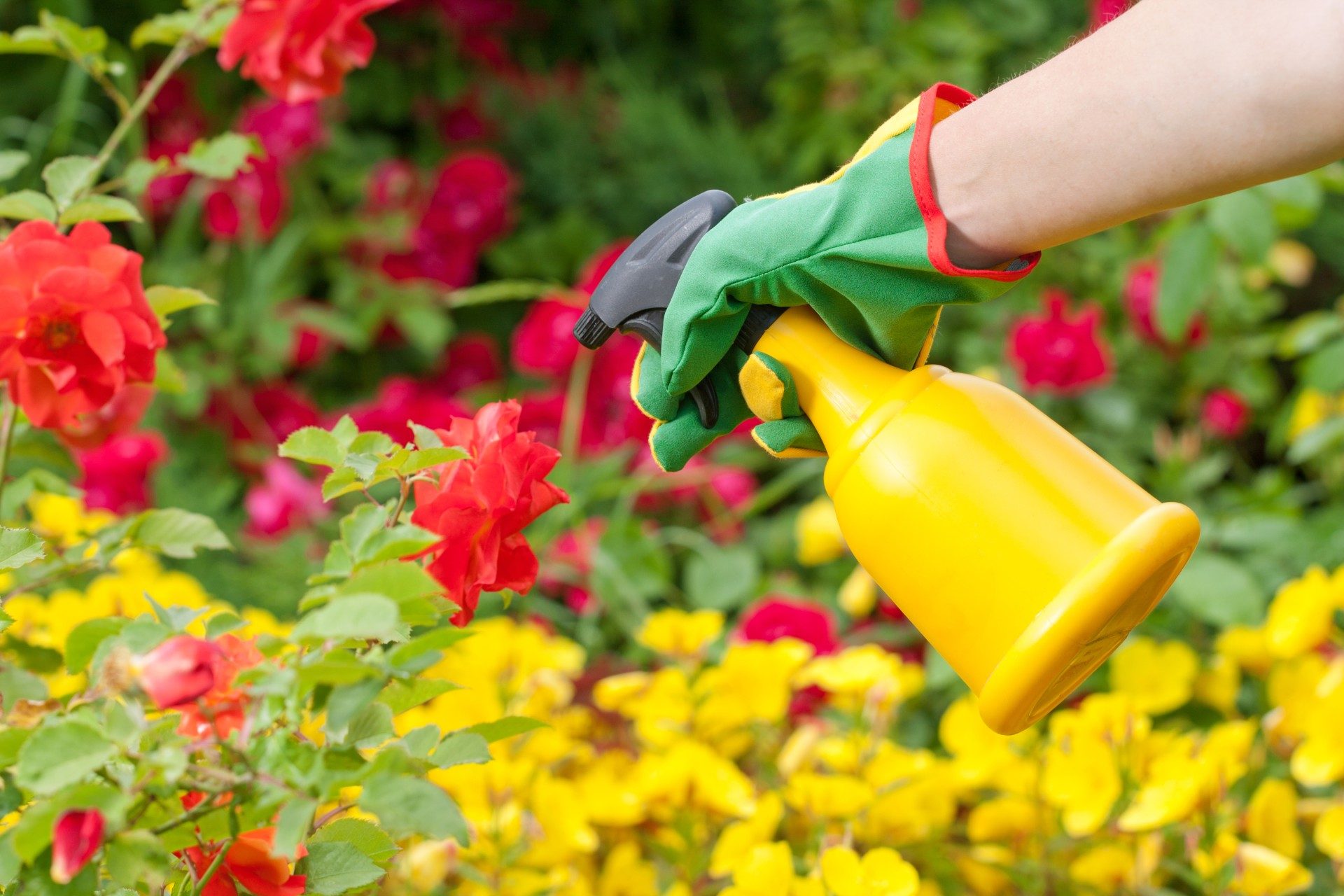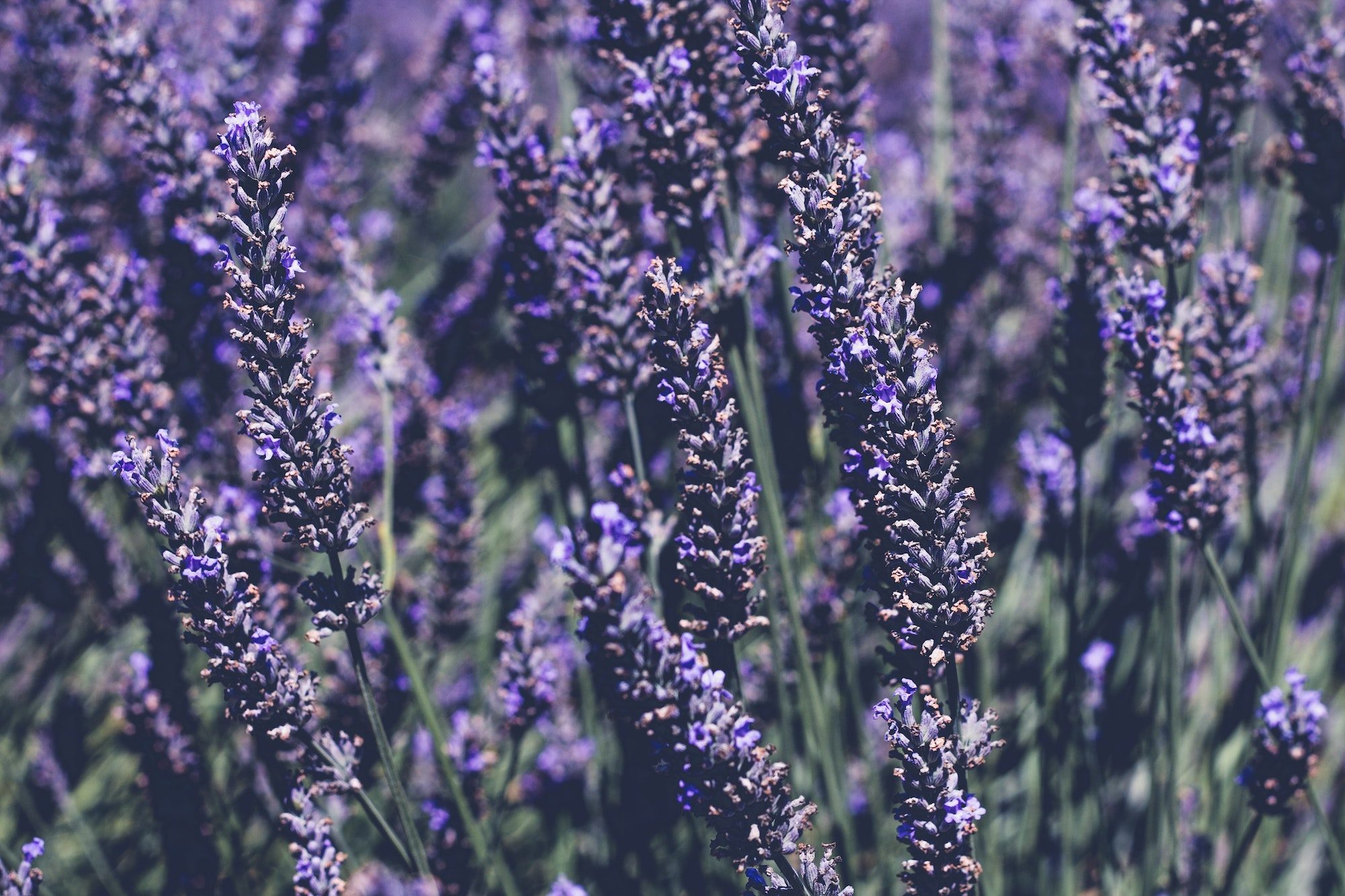Much goes into caring for a garden, no matter the size — so much more than seeds, soil, water, and a little sunlight. A key area of focus for many gardeners is pest protection. We love to eat fresh produce, but unfortunately, so do a lot of little bugs. A possible helpful resource might be a subscription box. These regular deliveries are all the rage and for a good reason. Curated products can save a lot of time and research. For the avid gardener, the appeal in such a service is clear. However, do the benefits outweigh the cost? Let’s take a quick dive into the most commonly-asked questions about pest control methods and if those monthly parcels can aid in cultivating a flourishing Eden of your own.

Can you get rid of pests without killing them?
The most effective way to remove pests without killing them is by engaging in protective measures and installing barriers in your garden. A physical barrier could entail mesh or netted material of some kind. The benefit of this method is that sunlight is not restricted in the process. These types of coverings come in all shapes and sizes. They can be installed in the ground or simply draped over your seedlings.
You may also set barriers of a more baited variety. As strange as it may sound, beer is attractive to snails and slugs. Garlic serves as a repellent for many bugs as well. There are some subscription boxes that carry garlic sprays and the like, but for the most part, these types of precautions can be easily acquired for a comparable price at a gardening store. The real selling point of a subscription box is that you can sample many different products to find your favorite.
How do you get rid of pests organically?

Organic pest control methods carry the perk of minimizing damage to the plants you are trying to protect while driving out undesirables. A very popular method is referred to as insecticidal soap, which is designed to dehydrate soft-bodied insects. The only time-intensive aspect of this is that the bugs must come into direct contact with the solution. So, you must spray your garden thoroughly every few days.
Certain oil sprays can minimize egg production in insects also. Nematodes can be added to soil, which will release a bacteria to target and kill insects. Variations of these organic pest killers can be found in different subscription boxes. Sprays are more common, and many subscription boxes are able to diversify their available ingredients. Most services allow you to specify your preferences when compiling your order, minimizing the hassle of searching through a catalog of potential options.
Which plants deter bugs?

One of the biggest benefits to a subscription box is variety, particularly with plant assortments. There are verifiably thousands of different seeds available through any given package service. Because of this convenience, you can incorporate pest-averting plants into your garden. Several of these are flowers. Marigolds, chrysanthemums, petunias, and lavender are beautiful and functional. Tasty additions are herbs such as mint, basil, bay leaves, and rosemary. Each offers elements of repellent and toxicity to specific pests and insects. It is always a good idea to research the most common pests in your area to select plants best suited to the task. Dry, desert environments will likely have different challenges than a humid, forested area.
Are there organic chemicals that deter pests?
Many people don’t realize that chemical solutions can also be organic. A chemical, after all, is simply a compound. Organic chemicals often used include things like vinegar and lime sulfur. Other oils and acids can be sprayed or added to soil for alternative pest control. Organic pest control can be more or less expensive, usually contingent upon the frequency required when applying. Because subscription boxes are largely customizable, there is the opportunity to incorporate organic elements at the rate and volume needed with ease.
The debate over the worth of gardening subscription boxes can be approached from a number of sides. Most subscription boxes range in price from about $10 to $45 a month and carry a wide range of gardening products, not just pest control. Pest control itself has a range of products nearly as wide as the number of plants you may be trying to protect. Organic products especially are more easily sampled through a subscription service, while comparable products are typically available in your local gardening store. At-home practices can be implemented, but often at the sacrifice of time and energy. Subscription services offer ease and variety as you seek the solution that best fits your gardening habits and practices. Most subscription boxes offer discounted, or even free, boxes the first month. If you are thinking of giving them a try, you may find you will grow to appreciate them.


